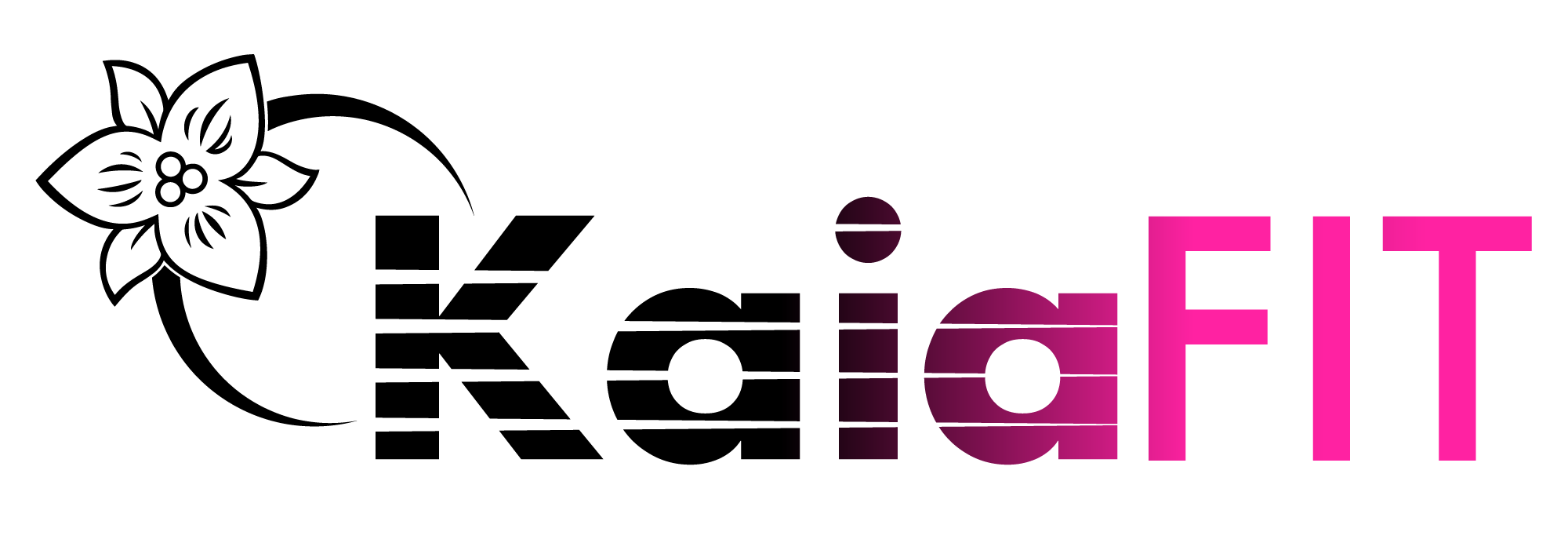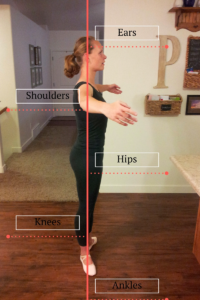Do you know what I love about barre? It’s accessible to everyone.
With minimal to zero impact on joints, a barre available as a support system and a format that doesn’t have you moving from the floor up to standing constantly, everyone is able to feel confident and successful in a barre class.
With that being said, there is plenty we can do during class to reap the true benefits. Read on as Coach Tiffany from Kaia FIT Laguna dives into the Plumb Line and how we can activate every muscle, in every move.
When I teach barre classes, I see people looking down at their legs and feet a lot. When a person is upright with no angle in the spine, their head weighs between 9-12 pounds. However, when you glance down, your head can put as much as 60 pounds* of pressure on your neck. With that said,
proper form in barre class (ie: not looking down at your feet) can help with spine health as well as keep neck pain to a minimum.
When you are setting up at the barre for an exercise, you want to be sure you have a plumb line. To get the idea of what I mean by a plumb line, imagine a string stretching your body from the top of your head to the bottom of your feet. Your ears should be stacked over your shoulders, shoulders over hips, and hips over ankles (or heels if you’re in an exercise that brings you to the balls of your feet). This allows for natural curvature in the spine and keeps you from injuring yourself as your instructor gives you various exercises and variations at the barre.
Notice the student in the example above has also drawn her belly button in to engage her core. Engaging the core also helps keep the spine neutral and therefore protects the lower back. Major bonus, you’re working your abdominals at the same time.
The beauty of barre is that you are working your entire body during each exercise.
If you have any doubts about your posture in barre class, be sure to come early or stay a few minutes after class to talk with the instructor. And, remember, there’s always room at the barre!


 Plumb Line Example
Plumb Line Example

